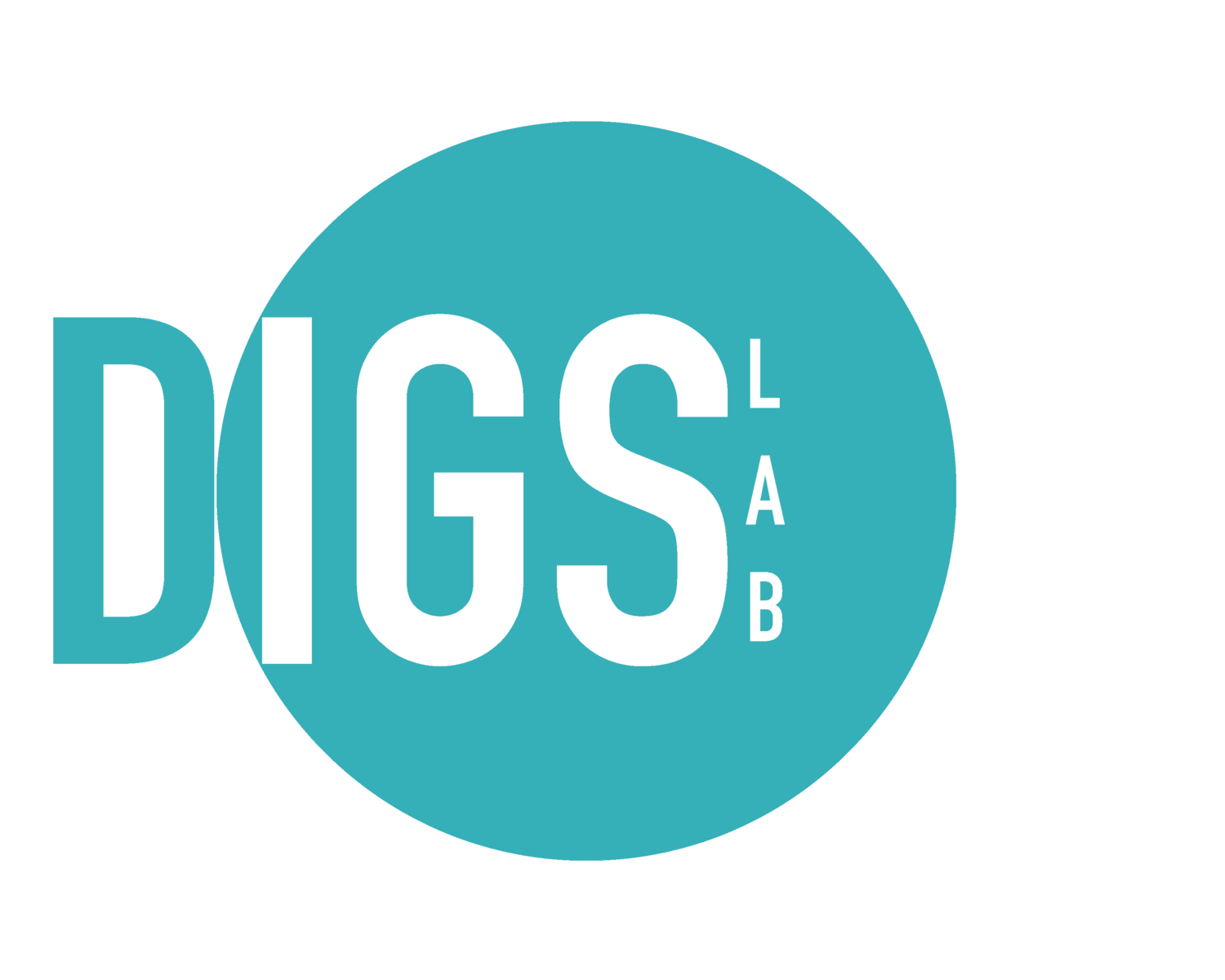COLLABORATIVE PARTNERS
ALGORITHMIC MEDIA OBSERVATORY
The Algorithmic Media Observatory attends to the changing media that influence participation in politics and culture. The AMO’s name acknowledges that these media—which include social media platforms, mobile phones and home routers—are powered by dynamic and often invisible code that require new approaches to the task of observation. The AMO studies the patterns and habits of these algorithmic media to detect their subtle influence. Personalization and stratification, commands and nudges, prioritization and ranking—these are among the many ways that algorithms intervene in political affairs and cultural life. While these media are global, the observatory privileges its Canadian perspective and context, focusing on local challenges and domestic policy solutions.
Applied AI Institute
Concordia’s Applied AI Institute coordinates research across four faculties in collaboration with business, civil society, governments, and other researchers. Its mission is to demystify and enable real-world applications of artificial intelligence. The institute encourages researchers across the sciences, engineering, arts, business and humanities to put AI into practice and to consider how AI can be taken up to improve the status quo.
APP STUDIES INITIATIVE
The App Studies Initiative (ASI) is an international network of academic experts in app-related media research. Comprised of researchers and PhD candidates in the fields of media and communication studies, the ASI engages with the theoretical, methodological, and empirical challenges of studying different kinds of apps and their environments. To this end, the ASI also designs methods and software tools.
CODER: COLLABORATORY ON DIGITAL EQUITY RESEARCH
Our aim is to mobilize research in the digital humanities and social sciences to inform public culture, policy, practice, and everyday social relations to create a more equitable and just society. Exploring digital practices, both virtual and visceral, our research projects center on digital dilemmas, such as:
How do we theorise the influence of diverse virtual voices for people who experience inequality, inequity and/or (in)justice?
How can innovative methodologies enable new insights into the social transformation of gender relations, digital cultures, and social justice?
How is digital technology shaping relationships between diverse publics – citizens, communities, activists, policy makers - in terms of working toward social justice?
LAB cmo
LabCMO - Laboratory for communication and the digital (formerly Laboratory for Computer-Mediated Communication) brings together researchers who are interested in the uses of digital technologies and media from the perspective of the changes they generate in society.
The LabCMO's research mobilizes interdisciplinary approaches, mostly qualitative or mixed, to address digital media and their publics; emerging information and cultural practices and new mediating devices ; sociability, identity and political action online; citizen engagement in a digital context; the sociopolitical issues of informational capitalism and alternative movements (open source software, peer production, citizen science, open data, etc.); work and collaborative dynamics in digital environments.
Milieux Institute
The DIGS Lab is housed at the Milieux Institute as part of the Media & Materiality Cluster. Milieux is an institute for research-creation at the intersection of the fine arts, digital culture and information technology. It is a platform for creative experimentation, interdisciplinary training and progressive imagination in the middle of Concordia University in downtown Montreal. At Milieux we examine, co-create and share ideas, technological prototypes, experiences and practices that challenge assumptions about what is possible to be, to do and to imagine in a rapidly changing digital world. Our main focus is on creative and critical articulations of new technologies and the production of tangible, playable and accessible research that can be useful to generate new meaning and inform participation, engagement and innovation across culture, economy and civil society. Milieux breaks down barriers that have separated researchers, designers and artists in the university to work with communities, industry and the cultural sector to explore new solutions to pressing problems through core research on the interaction between people, technologies and culture.
THE PLATFORM LAB
The Platform Lab brings together researchers to study the cultural and economic effects of platforms, with particular attention to East Asia as a region. The Lab supports three main axes of research. First, the study of the economic effects of platforms. Second, the cultural effects of platforms on the production and circulation of video. Third, the analysis of apps in East Asia, with a focus on “super apps” like WeChat, KakaoTalk, and LINE. Collectively these three research axes provide insight into the history, cultural effects, and regional impacts of platforms today. The lab also aims to foster and host new approaches to the platform as object of study.
School of Health
Concordia’s School of Health unites faculty members at the intersection of disciplines to collaborate on a range of health-related approaches, and engages citizens, community groups, policymakers and other stakeholders to further health research and expand training capabilities.
TikTok Cultures Research Network
The TCRN is a portal for scholarly resources, research projects, and events that connects networks of qualitative scholars of various disciplines from around the world.









